Related projects & activities
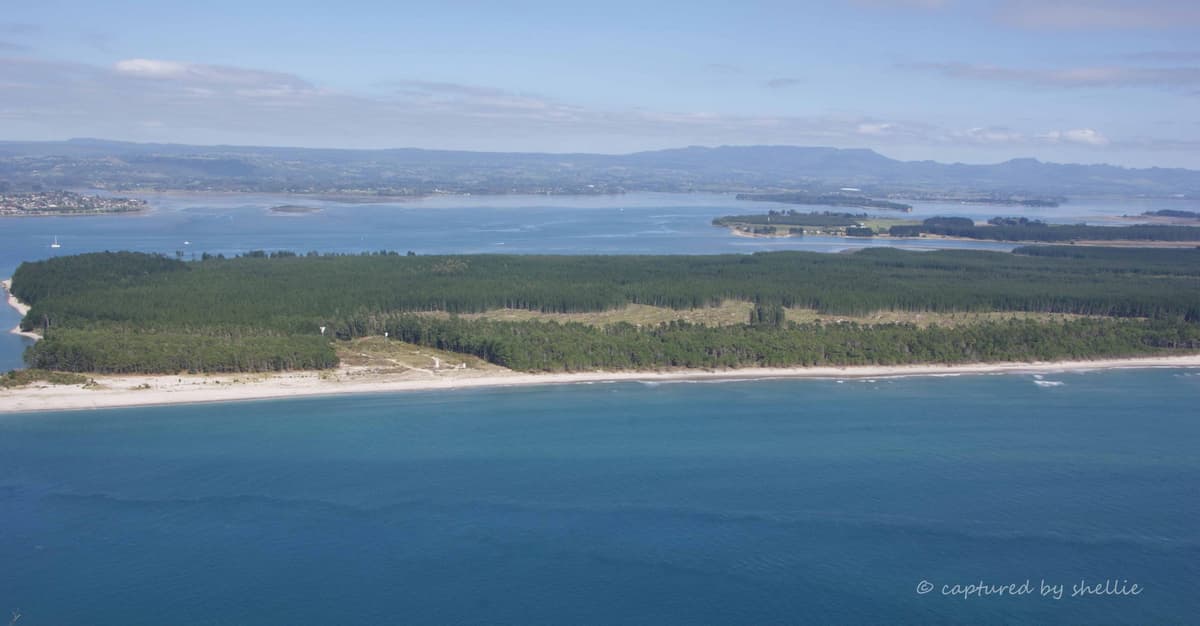
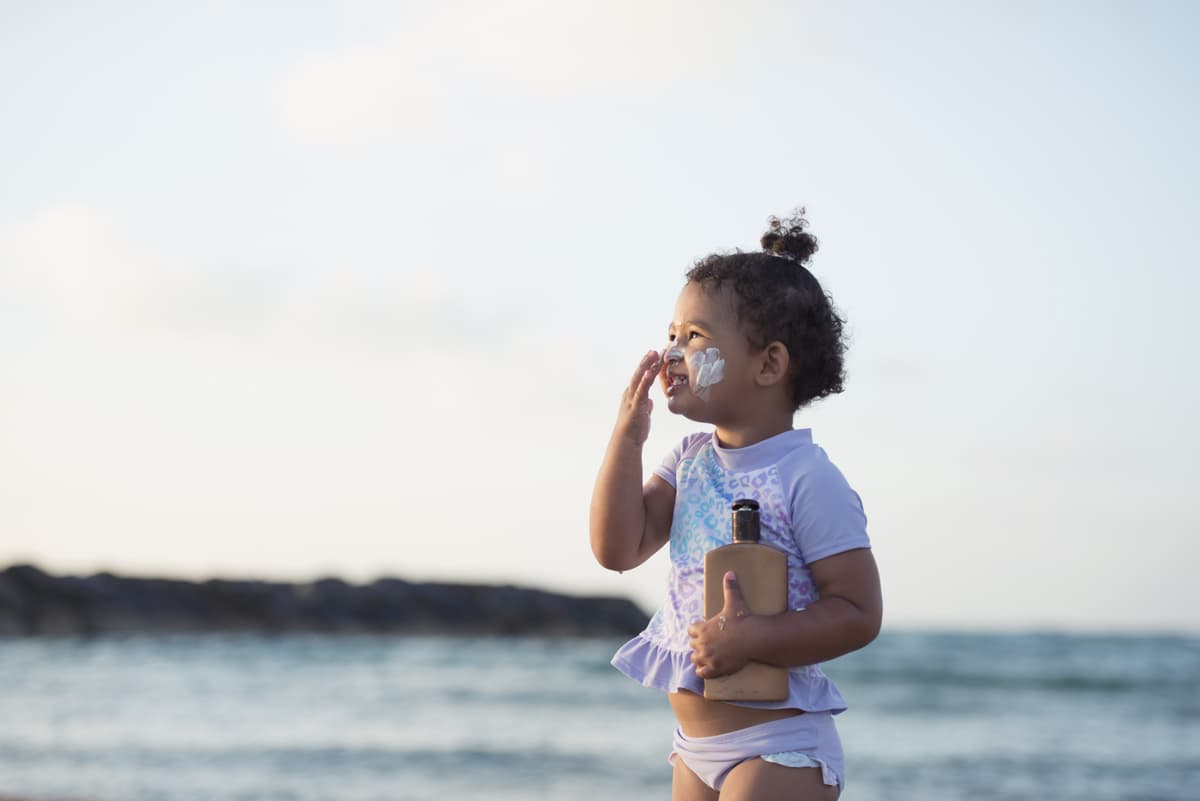
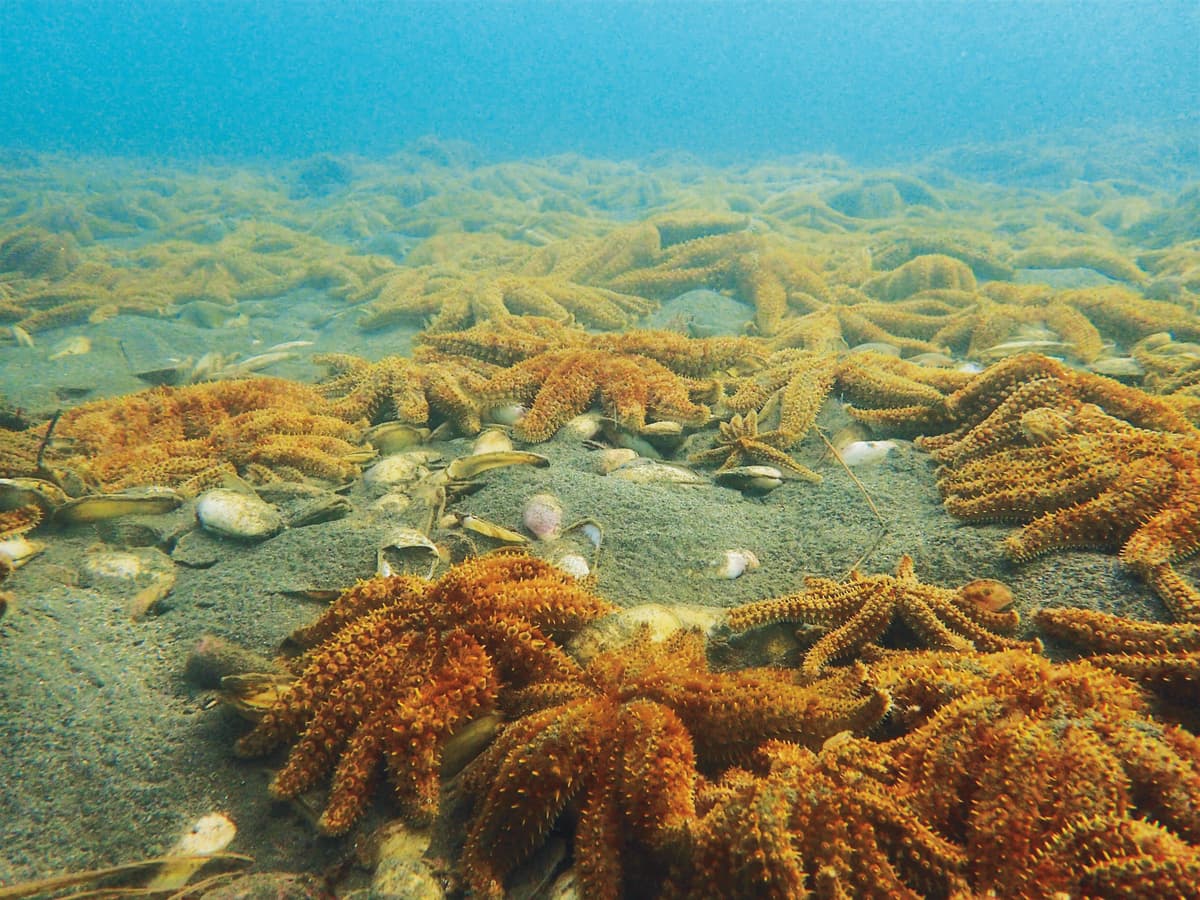
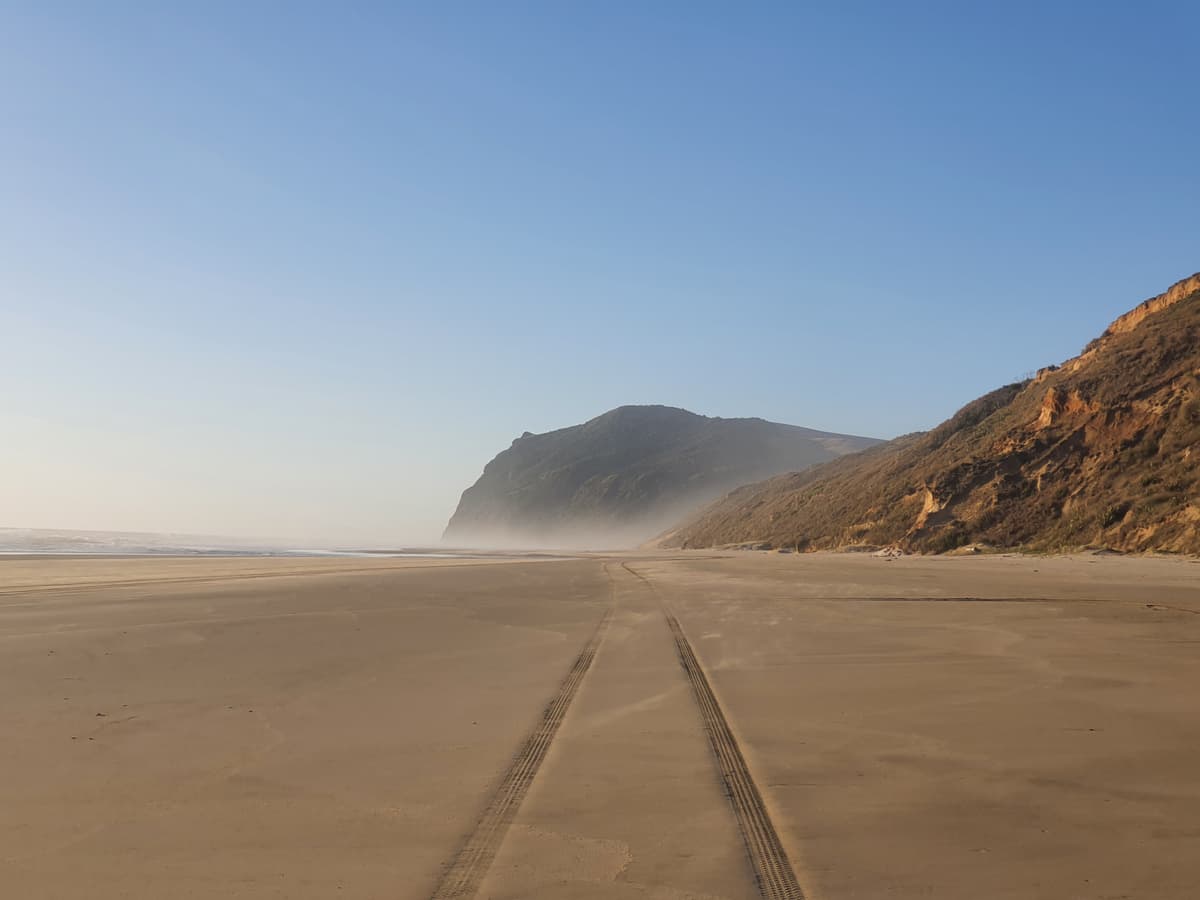
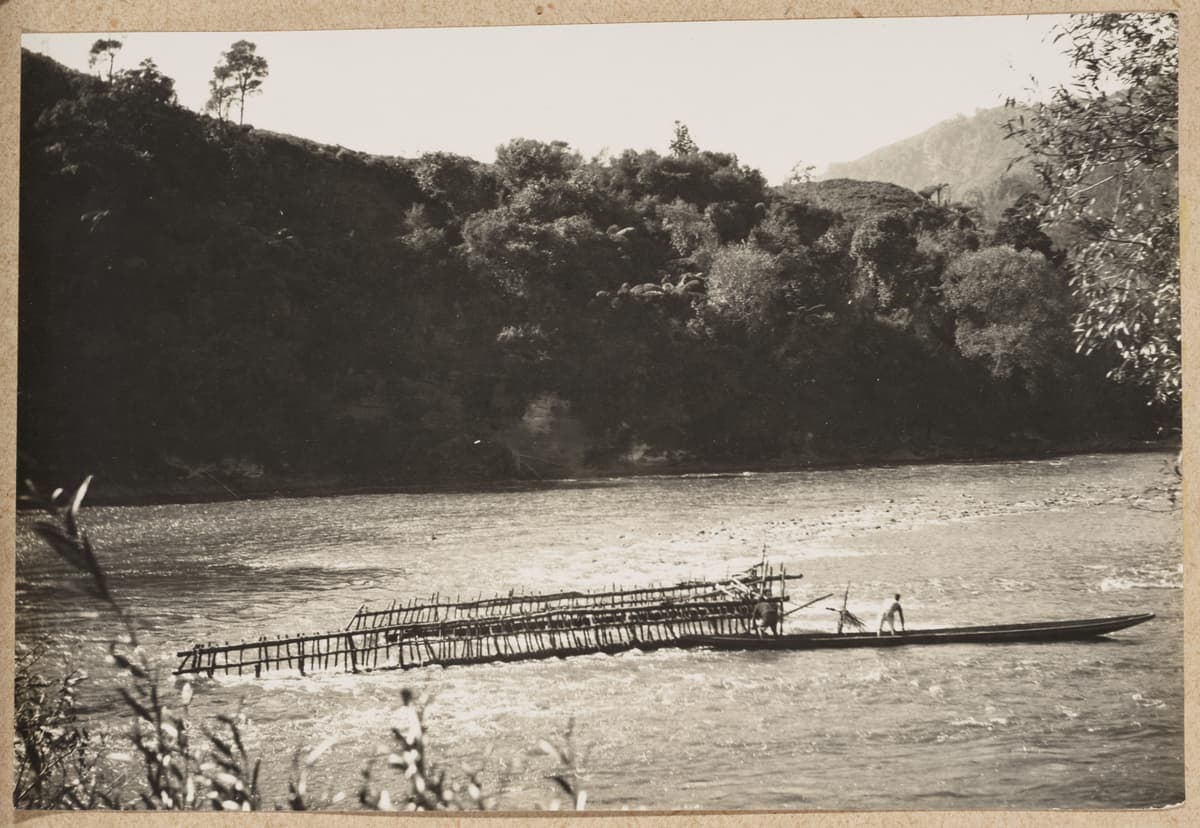
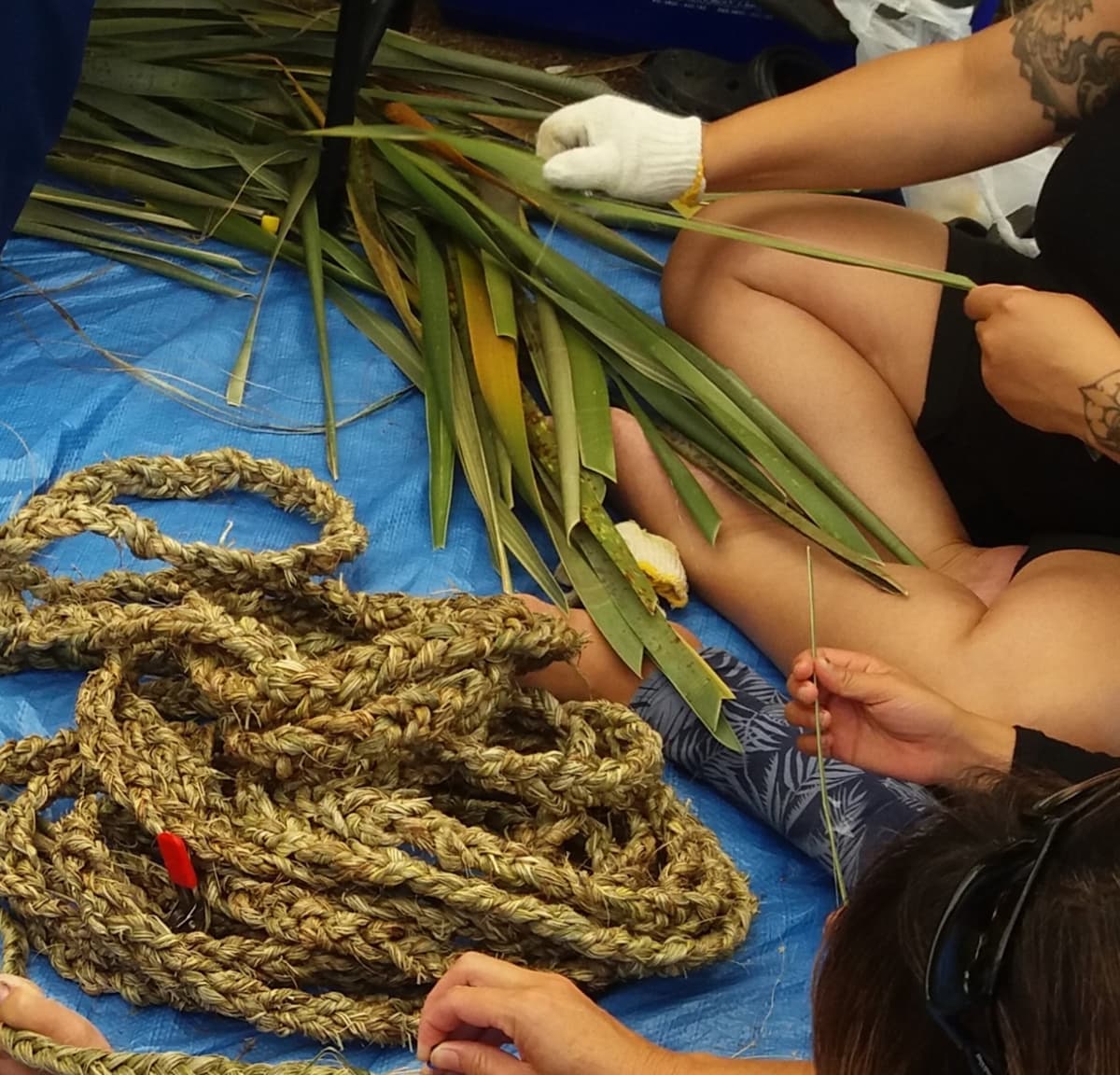
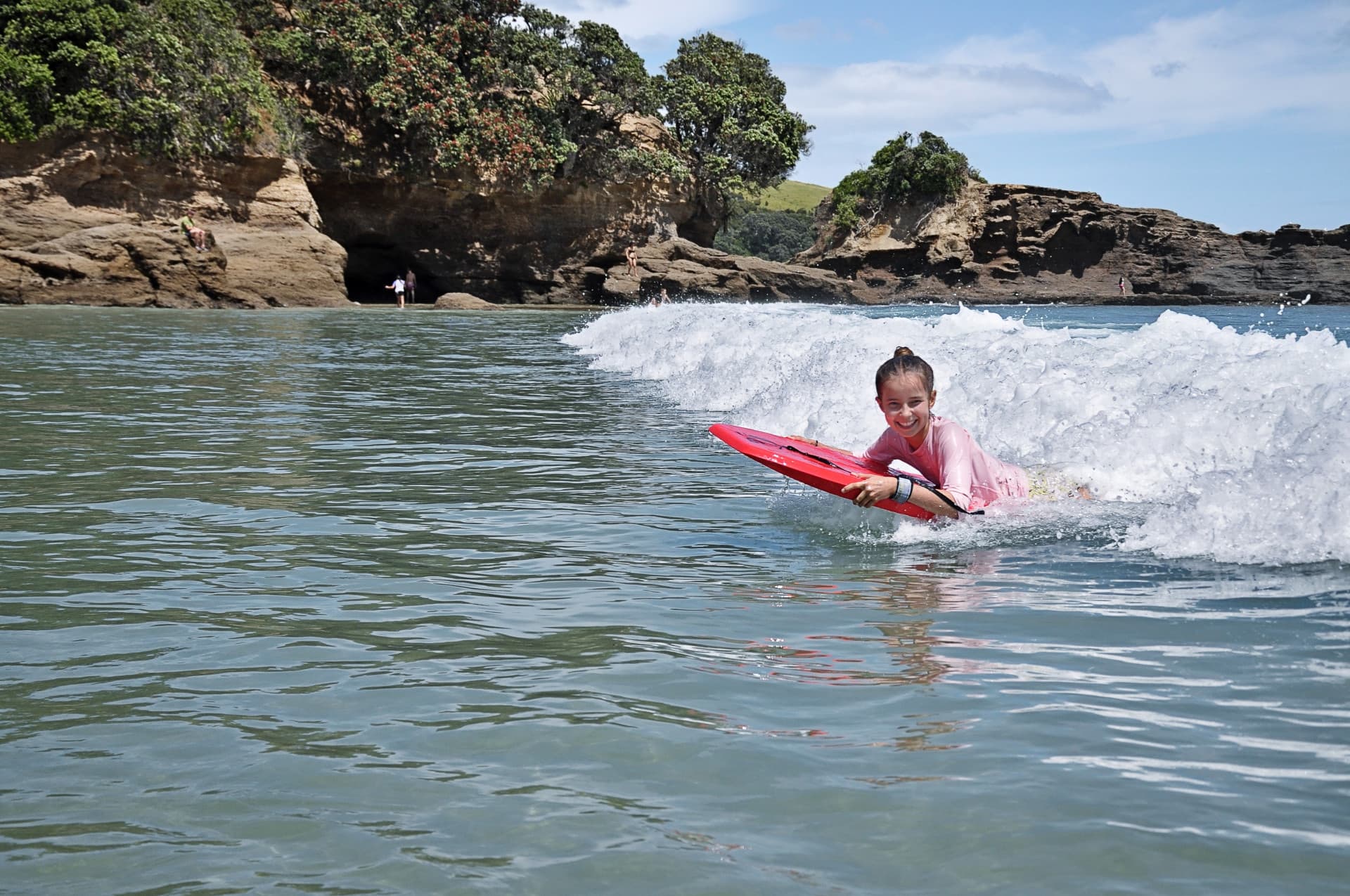
Posted on Tuesday 27 October 2020
“The Innovation Fund is about introducing new approaches and ideas to build a blue economy in Aotearoa New Zealand,” says Director Julie Hall.
“Sunscreen made from algae, sea-star collagen, using native plants to collect baby mussels and bringing back the iconic toheroa are just a few of the ideas that are being funded.”
These projects are collaborations with researchers, industry and Māori partners, and are guided by the needs of people and communities. They are:
This project is investigating the tikanga of ICP Iwi Partners as it relates to commercial fishing practice.
Co-led by: Maru Samuels (Iwi Collective Partnership) & Irene Kereama-Royal (Ngā Wai A Te Tūī Māori & Indigenous Research Centre)
This project is investigating and reducing interactions between commercial fishing gear and the seafloor in the Hawke's Bay.
Led by Oliver Wilson (Fisheries Inshore New Zealand)
These projects are part of the Blue economy research theme led by Nick Lewis from the University of Auckland.
“Innovative businesses and the wider community have argued for several years that we need to do economy differently,” says Nick.
“The pandemic has added a new urgency to their call and given us the opportunity to make genuine change. With a focus on marine activities that support social, ecological and cultural well-being, building a blue economy in Aotearoa may just be the answer.
“These Innovation Fund projects are exciting examples of how to go about building a new future and offer us a glimpse of what it might look like.”
More information will be available at www.sustainableseaschallenge.co.nz/innovation-fund.
About the Innovation Fund – The Innovation Fund enables research projects that will contribute directly to building a blue economy in Aotearoa New Zealand. We define ‘blue economy’ as being comprised of marine activities that generate economic value and contribute positively to social, cultural and ecological well-being. The $2 million fund invests up to $250,000 in projects for up to 2 years.
About the Sustainable Seas National Science Challenge – The vision of Sustainable Seas is for Aotearoa New Zealand to have healthy marine ecosystems that provide value for all New Zealanders. It brings together scientists, social scientists, economists, and experts in mātauranga Māori and policy. It is funded by MBIE and hosted by NIWA.
About the National Science Challenges – Sustainable Seas is one of 11 National Science Challenges. These align and focus Aotearoa New Zealand’s research on large and complex issues, bringing together scientists and experts from different organisations and across disciplines to achieve a common goal.





